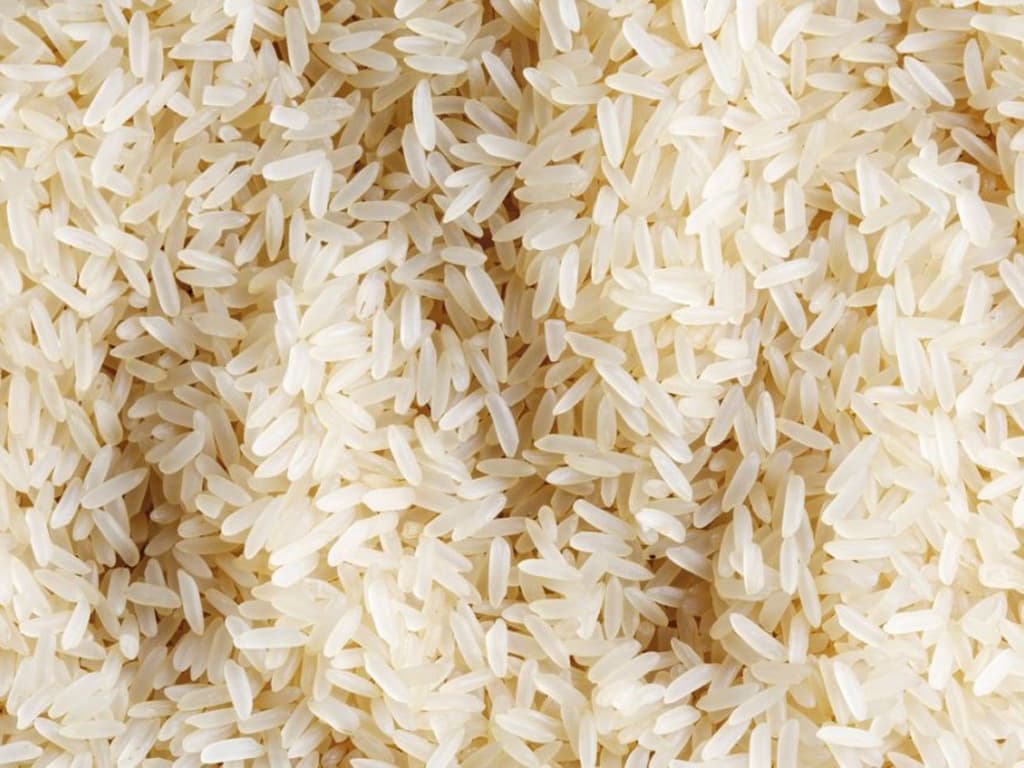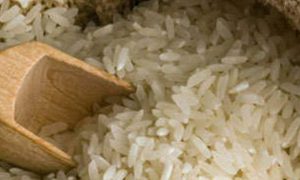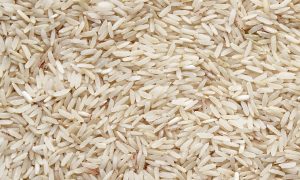Rice exporters demand minimum export price of $700

In a recent meeting in New Delhi, the All India Rice Exports Association (ARIA) addressed challenges facing the rice industry, including the high minimum export price (MEP) and the ban on non-basmati rice exports. Chaired by Satish Garg, the meeting emphasized the need to reduce the MEP from USD 950 to USD 750 to prevent losses, especially with a bumper Basmati crop expected. The high MEP has led to storage issues and competitiveness concerns compared to Pakistan, where the MEP is USD 700.
CHANDIGARH: The new governing body of All India Rice Exports Association (ARIA) held a meeting in New Delhi on Friday to discuss the “challenges” faced by the rice industry due to high minimum export price MEP and ban on export of non-basmati rice.
The meeting was chaired by All India President Satish Garg and the representatives from Punjab Bal Krishna Bali and Ranjit Singh Joseon.
It was unanimously decided that the Association should work with the Centre to resolve these issues on a priority basis. Jossan said that last year, the central government had fixed the MEP for Basmati rice at USD 950. Punjab, Haryana and north India are expected to have a bumper crop of Basmati this year.
Hence, now it is important and urgent to reduce the MSP to USD 750 to prevent huge losses to our farmers.“With a bumper crop expected in Punjab and North India this year, it is necessary to reduce the MEP to ensure adequate compensation to farmers for their hard work.
This arrangement is in line with the central government’s target of doubling farmers’ income and will help us maintain our competitiveness in global markets,” said Jossan.
“Due to the high MEP of USD 950, lakhs of tonnes of basmati rice are being stored in warehouses in Punjab and Haryana, as exporters are unable to export due to the high MEP. Our main competition is with Pakistan, where the MEP for basmati rice is USD 700,” he added.
















